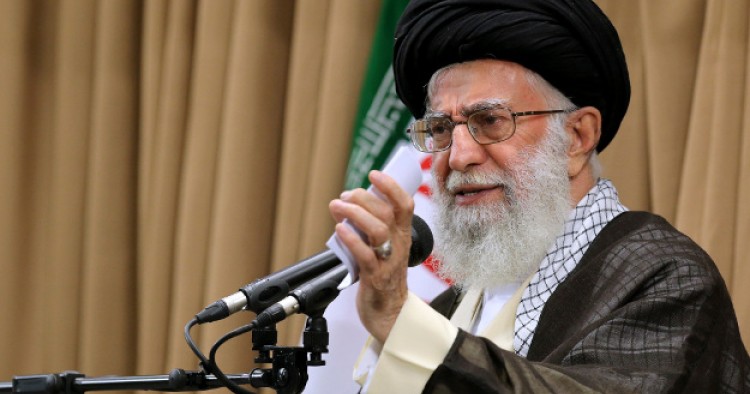Read the full article on the Washington Post's Monkey Cage blog.
The impending deadline for negotiations over Iran’s nuclear program has focused attention on competing interpretations of the role of religion in Iranian foreign policy. The Islamic Republic of Iran is often portrayed as a uniquely ideological creature. For the Princeton historian Bernard Lewis, Iran’s Islamist ideology entails an apocalyptic force that converts mutually assured destruction from a deterrent to an “inducement” for Iranian “religious fanatics.” According to such scholars, a nuclear-armed Iran would be likely to use those weapons in ways different from any other state in history because of its extreme eschatological worldview, making it impossible to trust Iran to adhere to any negotiated agreement, no matter how rational it might appear. Are they right? Does Islamic ideology overwhelm pragmatic considerations in Iranian foreign policy?
A close reading of the role of Islam in Iranian politics suggests that it’s not so simple. Islamic ideology was constructed and institutionalized strategically by elites to deal with changing opportunities and threat perceptions. That is not to say that religion does not matter. Religious ideas and ideologies play a critical role in generating mass mobilization and elite cohesion, especially in a political system defined and legitimated by said ideology. This does not, of course, mean that religion is infinitely malleable. Religious actors have to innovatively overcome doctrinal and institutional constraints before they can deploy new religious narratives. However, political actors within such a system are not passive pawns of ideology. They are highly aware of its strategic functions and work intensely to develop and deploy religious ideologies to advance their interests.
The Middle East Institute (MEI) is an independent, non-partisan, non-for-profit, educational organization. It does not engage in advocacy and its scholars’ opinions are their own. MEI welcomes financial donations, but retains sole editorial control over its work and its publications reflect only the authors’ views. For a listing of MEI donors, please click here.












